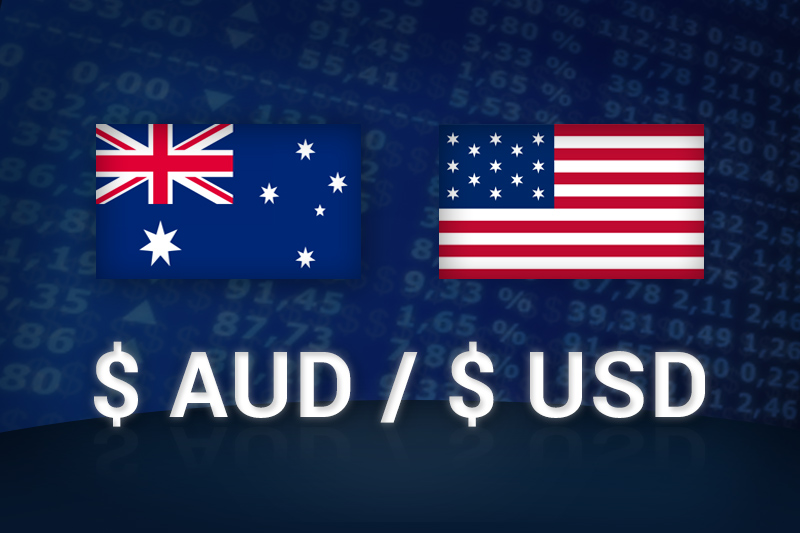Forexstocks - The Australian dollar rose against its U.S. counterpart on Tuesday, boosted by positive Australian economic data but gains were limited as sustained concerns over Spain’s ailing banking system continued to weigh on market sentiment.
AUD/USD hit 0.9868 during late Asian trade, the session high; the pair subsequently consolidated at 0.9871, adding 0.17%.
The pair was likely to find support at 0.9796, the low of May 28 and resistance at 0.9917, the high of May 21.
Industry data showed earlier that new home sales in Australia jumped 6.9% in April, after a 9.4% fall the previous month.
But markets were jittery after the yield on Spain’s 10-year bond rose to 6.47% on Monday, the highest level this year after the government announced that it was to recapitalize one of the country’s largest commercial lenders, Bankia.
The announcement fuelled fears that the rising cost of bank rescues could force Madrid into seeking an international bailout.
Speaking on Monday, Prime Minister Mariano Rajoy ruled out seeking outside aid to revive Spain's banking sector, however.
Meanwhile, investors were eyeing developments in Greece, after a weekend opinion poll indicated that the pro-bailout New Democracy party may be able to form a government following the June 17 elections.
Elsewhere, the Aussie was higher against the euro with EUR/AUD shedding 0.16%, to hit 1.2708.
Later in the day, the U.S. was to release reports on house price inflation and consumer confidence.
AUD/USD hit 0.9868 during late Asian trade, the session high; the pair subsequently consolidated at 0.9871, adding 0.17%.
The pair was likely to find support at 0.9796, the low of May 28 and resistance at 0.9917, the high of May 21.
Industry data showed earlier that new home sales in Australia jumped 6.9% in April, after a 9.4% fall the previous month.
But markets were jittery after the yield on Spain’s 10-year bond rose to 6.47% on Monday, the highest level this year after the government announced that it was to recapitalize one of the country’s largest commercial lenders, Bankia.
The announcement fuelled fears that the rising cost of bank rescues could force Madrid into seeking an international bailout.
Speaking on Monday, Prime Minister Mariano Rajoy ruled out seeking outside aid to revive Spain's banking sector, however.
Meanwhile, investors were eyeing developments in Greece, after a weekend opinion poll indicated that the pro-bailout New Democracy party may be able to form a government following the June 17 elections.
Elsewhere, the Aussie was higher against the euro with EUR/AUD shedding 0.16%, to hit 1.2708.
Later in the day, the U.S. was to release reports on house price inflation and consumer confidence.
